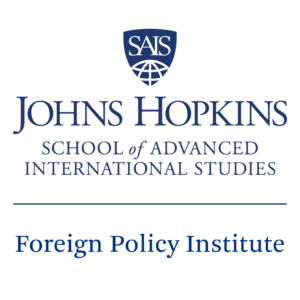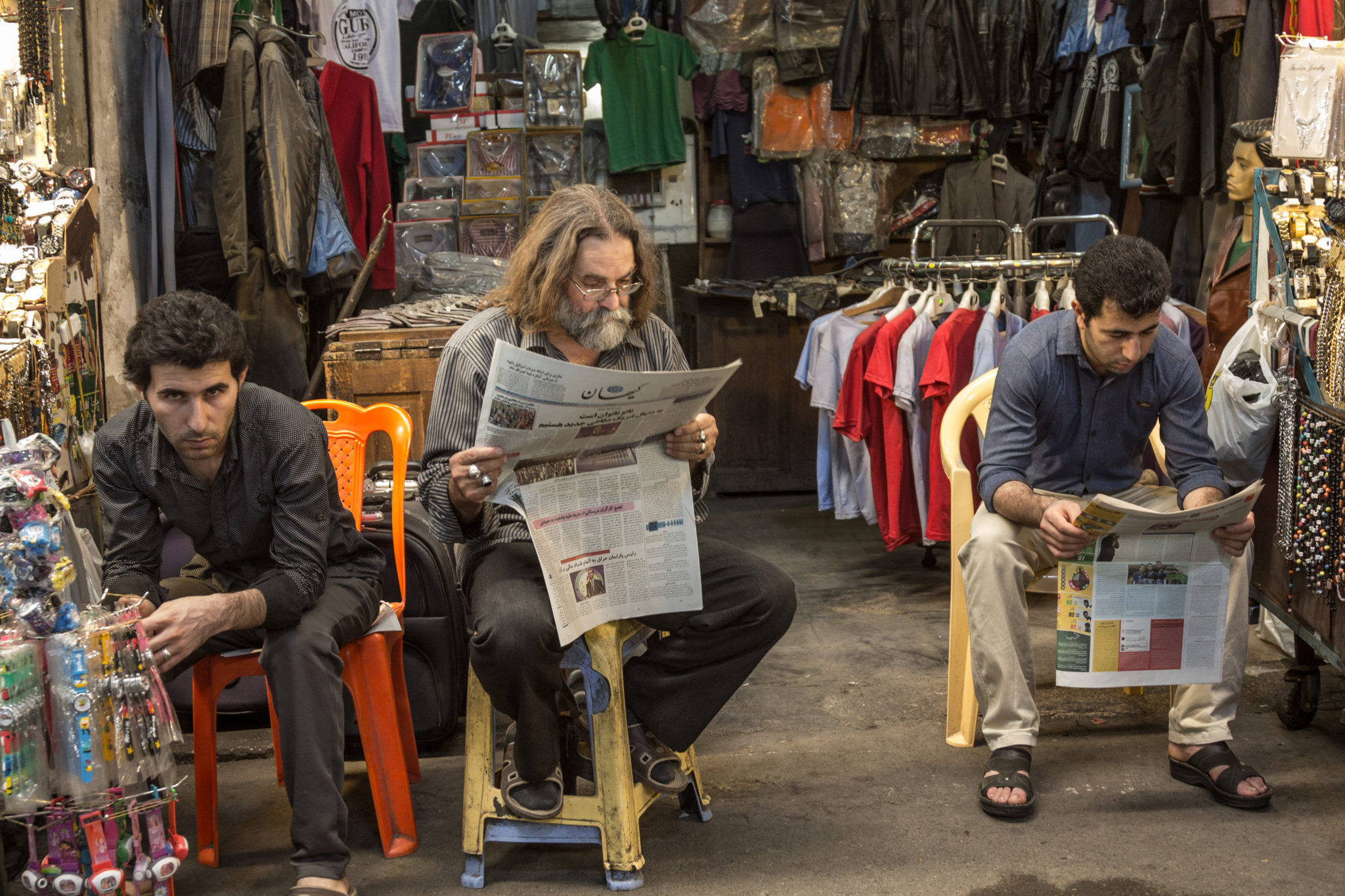
Middle East Business Telegraph Monitor – March 29
Middle East-North Africa Top Business Stories – March 29, 2020
GCC/MENA Slowdown – “Oil exporting countries in the Middle East and North Africa (Mena), especially the GCC countries are expected to experience a drastic slowdown in economic growth due to the impact of coronavirus outbreak (COVID-19) and a plunge in oil prices and global oil demand, according Institute of International Finance (IIF),” Gulf News reports.
Lebanon Debt – “Lebanon’s economic model of a high interest rate regime that attracted billions of dollars in deposits is “broken” and the country is committed to carrying out a four-point recovery plan that it hopes to finalise before the end of the year,” The National reports.
Lebanon/Coronavirus – “Lebanon’s confirmed coronavirus disease (COVID-19) tally jumped to 412 on Saturday, prompting one medical expert to warn the country faces its peak infection rate next week,” Arab News reports.
Tourism – “The Arab Tourism Organization estimated the decline in the sector’s revenues at $30.6 billion in Arab countries by the end of April, if the pandemic is not controlled,” Egypt Today reports.
Qatar/Aviation – “Qatar Airways will have to seek government support eventually, Chief Executive Akbar al-Baker told Reuters on Sunday, warning the Middle East carrier could soon run out of cash needed to continue flying,” Daily Sabah reports.
Iran/Aviation – “Iranians airlines have canceled nearly 90 percent of their flights planned for a holiday season after the novel coronavirus pandemic caused many travelers to stay home,” Iran Daily reports.
Iraq Economy – “Iraq is cratering on almost every front. Oil revenues, the government’s main source of income, have plummeted as the world price of oil has crashed and the government has resorted to asking for donations to help it weather the pandemic,” The New York Times reports.
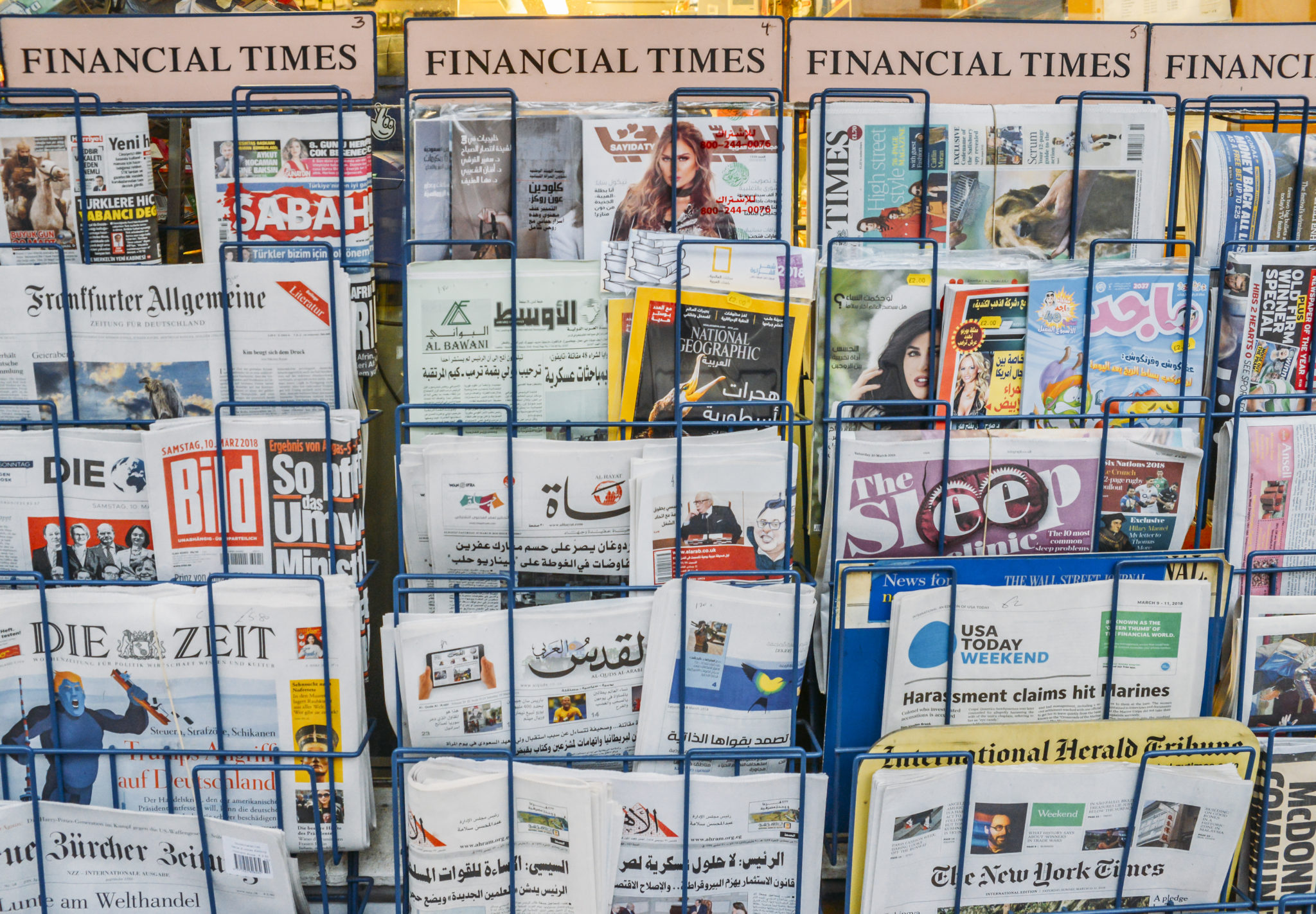
Middle East Business Telegraph Monitor – March 28
Middle East/North Africa Top Business Stories – March 28
Saudi/OPEC Oil – “Saudi Arabia said it was not in talks with Russia to balance oil markets despite an attempt by Moscow to increase the members of the Opec+,” Gulf Daily News reports.
GCC Banks – “Downward pressure on profitability and loan quality due to deteriorating operating conditions resulting from low oil prices and the impact of coronavirus (COVID-19) outbreak is likely to result in more credit rating downgrades of banks in the region, according to rating agencies,” Gulf News reports.
Sovereign Wealth Funds – “On top of the collapse of oil prices and meltdown in global markets, Gulf sovereign wealth funds are channeling some of their billions back to counter the recession triggered by the coronavirus pandemic. The decline in assets could exceed $300 billion this year, according to the Institute of International Finance, the industry’s global association,” Arabian Business reports.
Saudi Arabia Bonds – “Saudi Arabia has sold more than SR15 billion (nearly $4 billion) in Islamic bonds, as the Kingdom seeks to develop its local debt market,” Arab News reports.
Lebanon Debt Restructuring – “Lebanon has appointed DF King Limited, an Orient Capital Company, to help identify holders of the country’s Eurobonds as it works out a broad debt restructuring, a finance ministry statement said Friday,” The Daily Star/Reuters reports.
Morocco/Covid-19 – “Despite a significant increase in Morocco’s current account deficit (CAD) and external finances due to the Covid-19 pandemic, the country will overcome the challenges, predicts a recent report from American credit rating agency Fitch Ratings,” Morocco World News reports.

Thailand Economy To Shrink By 5.3%
Thailand’s economy is in trouble. The Bank of Thailand said on Thursday that the Southeast Asian nation’s economy is headed for a 5.3% contraction. The dual shock of a dramatic slowdown in tourist arrivals and in merchandise trade will hit the economy hard.
Thailand Business News reports that the “Thai economy would markedly contract in 2020 as tourist figures and merchandise exports were severely affected by the COVID-19 outbreak, the slowdown of trading partner economies, and supply chain disruptions in many countries.”
Thailand generally receives 100,000 foreign visitors a day, according to government figures, and that number is now hovering at nearly zero, Thailand Business news reports.
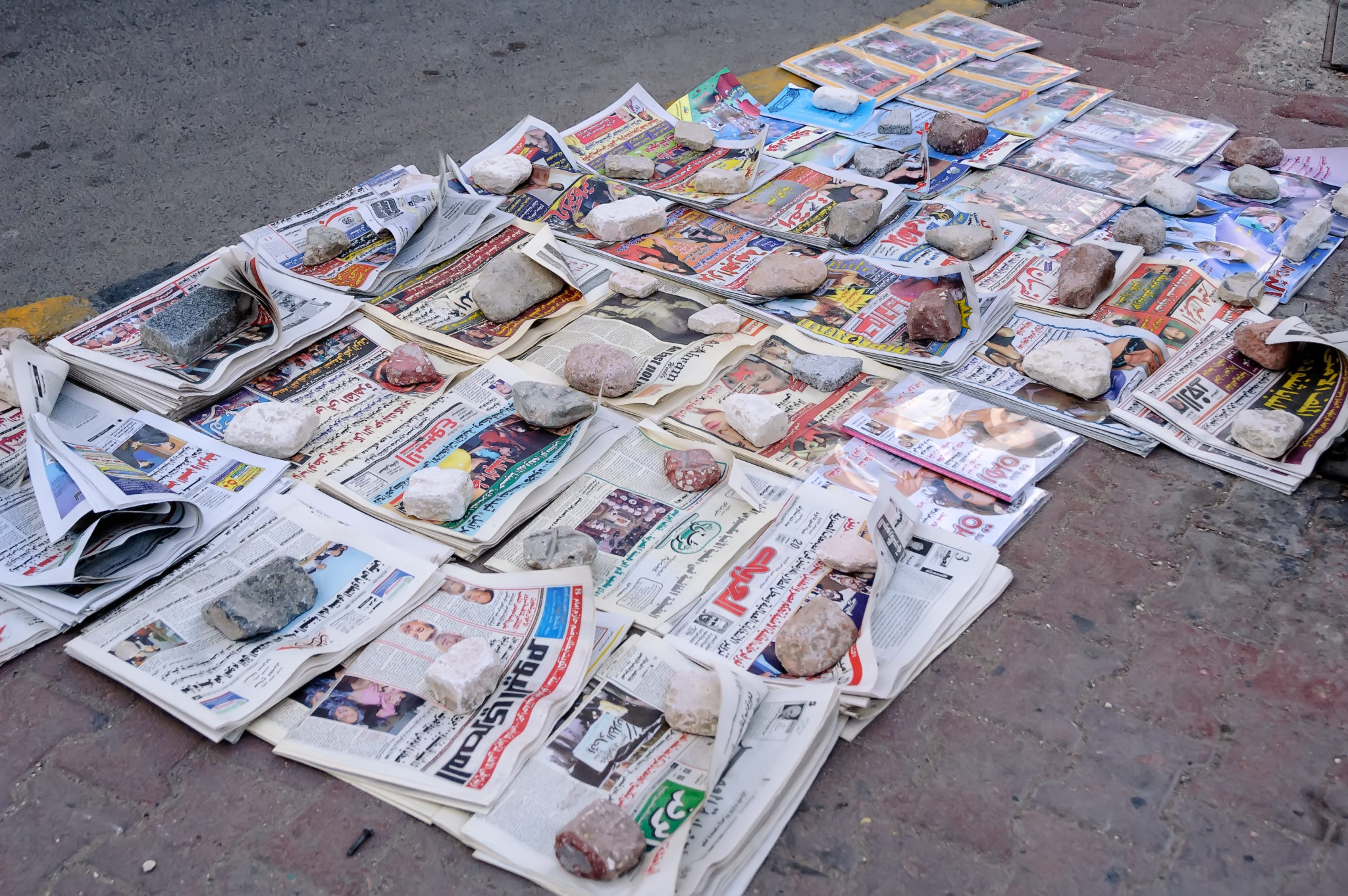
Middle East Business Telegraph Monitor – March 27
Middle East Top Business Stories – March 27
AIRLINES – “As coronavirus grounds airlines, plunging the industry into unprecedented crisis, Middle East carriers that have been in the red for years must urgently tap assistance from governments facing their own revenue slump,” AFP/Arab News reports.
SAUDI ARABIA – “A group of Republican senators claimed Wednesday that Saudi Arabia and Russia have embarked upon economic warfare against the United States, urging the kingdom to leave the Organization of Petroleum-Exporting Countries (OPEC) and instead become a ‘free market energy powerhouse,'” The Daily Sabah reports.
OIL – “Oil prices fell on Friday as demand destruction caused by the coronavirus outweighed stimulus efforts by policymakers around the world and the United States faced the prospect of becoming the next global epicenter of the pandemic,” Reuters reports.
JORDAN – “IMF Executive Board Approves US$1.3 billion Extended Arrangement Under the Extended Fund Facility for Jordan,” the IMF reports in a press release.
REGIONAL – “Governments across the Middle East and North Africa have taken increasingly draconian steps over the past couple of weeks to contain the coronavirus outbreak and, as a result, there will be much more economic damage than we had previously thought. We now expect the region as a whole to contract by around 1.7% this year, which would mark the worst performance since the early 1980s,” Capital Economics Reports.
EGYPT – “A 3% interest rate cut by the Central Bank of Egypt and a financial lifeline worth 20 billion Egyptian pounds ($1.27 billion) have lifted Egypt’s equities over the past week. However, the positive effects may be short-lived if the COVID-19 crisis persists,” Al-Monitor reports.
GLOBAL – Global foreign direct investment (FDI) is expected to fall 30 to 40 per cent during 2020-21 due to restrictions put in place to fight the spread of coronavirus, according to a new report from the United Nations, The National reports.
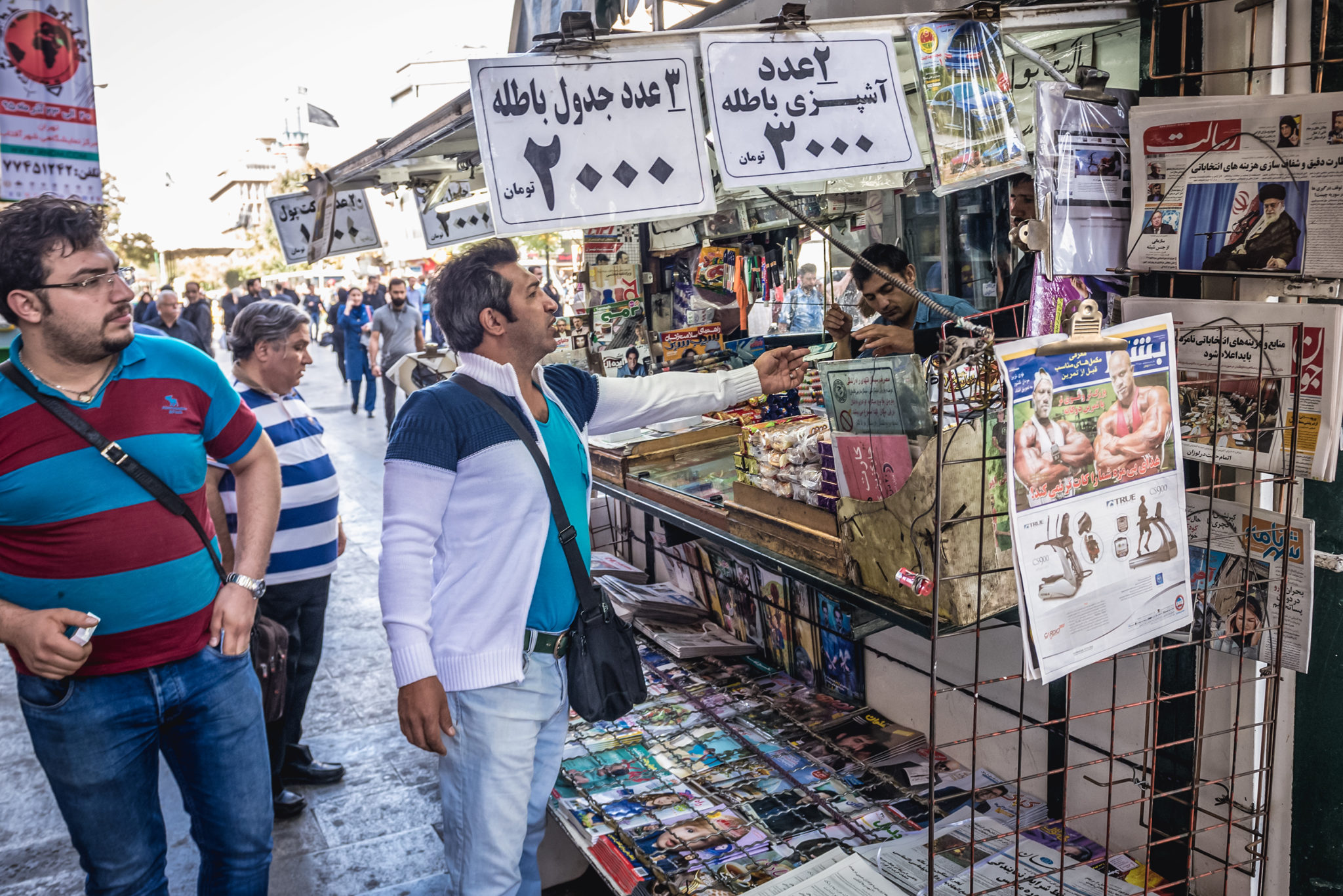
Middle East Business Telegraph Monitor – March 26
Middle East Top Business Stories – March 26, 2020
JORDAN – “Jordan’s finance minister said on Wednesday the IMF had approved a four-year, $1.3bn funding program that signalled confidence in the country’s reform agenda as it took measures to cushion its economy from the fallout of coronavirus,” Arab News/Reuters reports.
SAUDI ARABIA – “Saudi Arabia on Wednesday sealed off the capital Riyadh and two of Islam’s holiest cities and extended curfew hours as it reported its second death from the new coronavirus,” Arabian Business reports.
OIL PRICES – “Oil prices fell on Thursday, ending three sessions of gains, as movement restrictions worldwide to contain the coronavirus destroyed demand and overshadowed expectations that a U.S. $2 trillion emergency stimulus will bolster economic activity,” Reuters reports.
LEBANON – “Lebanon will stop paying all dollar-denominated eurobonds as it seeks to come up with an exit plan from its worst economic crisis in three decades and tries to restore stability and preserve its foreign exchange reserves,” The National reports.
IRAN – “Iran has started an intercity travel ban, an Iranian official said in a televised news conference on Thursday, a day after Iran’s government spokesman warned the country might face a surge of cases in the coronavirus pandemic,” Reuters reports.

Breaking: Saudi Arabia Seals off Three Major Cities in Coronavirus Battle
In an unprecedented move, Saudi Arabia has sealed off three major cities, barring exit or entry to the country’s capital Riyadh, and the two holy cities of Mecca and Medina in response to the coronavirus pandemic, as reported in global news agencies.
The Kingdom also imposed a wide-ranging nation-wide curfew on residents that will begin at 3 PM and end at 6 AM every day for a three week period. Heavy fines will be handed out to those who flout the curfew.
“The kingdom barred entry and exit from Riyadh as well as Mecca and Medina and prohibited movement between all provinces, the official Saudi Press Agency reported, as the health ministry said the total number of infections spiked to 900,” AFP reported.
Saudi Arabia last week announced some $32 billion in stimulus measures to support its economy hit hard by both the global coronavirus crisis and a dramatic fall in oil prices.
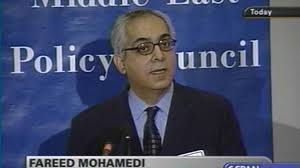
Fareed Mohamedi: Wall Street Losing Romance With Shale
Fareed Mohamedi is one of the smartest guys I know on oil markets, the geopolitics of energy, the New Silk Road, and the political economies of oil-rich states. He has worked at Statoil, PFC Energy, Moody’s Investor Service, the Institute of International Finance, and Wharton Econometrics, among other places.
I’ve known him for two decades, and have always been enriched by his insights. I called him to discuss Covid-19 and where we stand. Here are some of his thoughts, edited for brevity.
Shale: Troubles Ahead
“Shale oil in the US is so capital and labor intensive, and lower oil prices will continue to squeeze many of these producers. The important point to remember is that most of these shale producers do not generate a lot of cash. What they generate is growth. They show growth. They say to Wall Street: ‘You should invest in me. I am X today, but I will be 2x tomorrow, so continue financing my cash flow and then I’ll flip this company to an Exxon or a major.’ That story worked for a while, but Wall Street is losing their romance with shale. They are saying in return; ‘I’m too exposed to you and would like to leave now.’ This Wall Street loss of faith in shale will be just as important as the falling oil price. Without appropriate funding, many of the active shale producers today simply cannot survive.”
“Their revenues will be much lower than costs and Wall Street will abandon them.”
“For Obama, the shale oil sector saved him in those bleak days of 2008-9 because it created a lot of jobs. We could see lots of job losses in shale over the next year.”
Oil Prices and the Saudi-Russia Oil War
“I think all sides will come to their senses and start playing nicely again. If you want $5 oil, the market will give you $5 oil, and nobody wants $5 oil.”
“We are running out of storage capacity. Distressed tankers all over the world are looking for a market.”
“If we begin to see cooperation again from Riyadh and Moscow, we could get back to $40 oil. The China rebound will come and demand will be restored to China. Balances will tighten up. Let’s say the Saudis cut back to 9.5 mbpd and UAE and Kuwait go to 2.8 mbps, and demand starts to revive in China, but is still weak in the West, we could see the price firming and inching upward.”
“The second quarter is often weak for prices in general because many refineries go on turn around (technical term?), but by the third quarter we could get back to $40, and possibly even $50 for the fourth quarter.”
The Future of Oil
“The writing is on the wall. Oil’s best days are behind it.”
“The majors will be ok in the short-term. When we think of a traditional big oil play, there is a lot of capital up front and you harvest it for 25 years. The majors can finance everything off their balance sheets. Although they too are struggling to keep Wall Street interested in them — for that they have to pay big dividends which in a low oil price environment will require them to borrow”
“This is really going to hurt oil producing countries. It will accelerate the move away from oil, even though oil is cheap.”
“We could see one last big price boost by the mid 2020s. By late 2020s and early 2030s, and then we’ll be entering the twilight of oil. Don’t get me wrong. The world will still demand a lot of oil, but the growth in demand will slow dramatically and sort of plateau.”

South Korea, Other Asian Economies Headed for Contraction: S&P
Revised Downward. We’ll be hearing those two words a lot over the next month as ratings agencies scramble to update their forecasts for countries and companies reeling from the historic impact of the Covid-19 pandemic.
The latest “revised downward” forecast from S&P Global Ratings hits South Korea. The global ratings agency is forecasting a 0.6% contraction in 2020 for South Korea, the world’s 12th largest economy.
S&P also sees economic contractions in Hong Kong, Singapore, and Japan, and a significant decline in expected output in China, as reported by Korea JoonAng Daily.
According to the report, S&P Global Ratings has “revised downward” their forecasts for the three countries plus Hong Kong listed above.
They are:
- Hong Kong: -1.7%
- Singapore: -0.8%
- Japan: -1.2%
- China: +2.9%
China’s growth of less than 3% would represent a fall of more than 50% from the previous year. S&P Global also notes that the region will lose some $620 billion as a result of the pandemic.
“This loss will be distributed across sovereign, bank, corporate and household balance sheets,” it stated.
For the full piece in Korea JoonAng Daily, go here
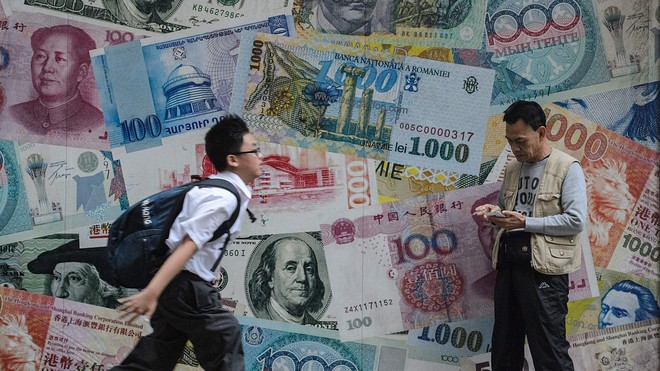
Asian EM Currencies Feeling Covid-19 Pinch As Flight to Dollar Rises
Emerging market currencies across Asia are feeling the pinch from the Covid-19 pandemic, with values in some places falling to levels not seen since the 1998 Asian financial crisis.
An Asian currency stress test by a leading European bank discovered the most trouble brewing in the following countries, according to a report by Nikkei Asian Review:
- India
- Thailand
- Malaysia
- Philippines
- Indonesia
Global corporates and asset managers are fleeing to the dollar amid the Asian currency declines. According to Nikkei Asian Review, the Indian rupee has fallen to a record low and “the Indonesian rupiah fell to a level not witnessed since the currency’s nadir during the Asian crisis in 1998.” Meanwhile, the Thai baht and Malaysian ringgit have dropped 11% and 8% respectively this year, according to the report.
“So far, the pressure has come from foreign investors liquidating emerging market assets and converting the proceeds into the greenback. But dealers are concerned a surge in infections might lead to panic and push corporations and the wider populace to lose faith in their own currencies.”
‘What’s going on is basically corporates hoarding dollars to meet their commitments as activity grinds to a halt and funds sell off in Asia,’ said Singapore-based Khoon Goh, head of Asia research at Australia & New Zealand Banking Group. ‘It’s a bit like, you know, households hoarding toilet paper. In normal times, that’s enough for everybody. But if everybody wants to hoard it at the same time, they have a shortage.’
To be sure, the dollar squeeze has been felt globally, with the dollar index, which measures the greenback’s strength against a basket of currencies, gaining 7.5% since March 9. Aware of the risk, the U.S. Federal Reserve last week established U.S. dollar liquidity arrangements with nine global central banks. Four from the Asia-Pacific region — Australia, New Zealand, Singapore and South Korea — were included, while Hong Kong, also a dollar hub for emerging markets, was ignored.
‘The economic gloom is palpable but I can’t remember the last time we were flooded with requests from company treasurers and portfolio managers seeking the dollar,’ said a Hong Kong-based trader at a U.S. bank. ‘It’s been one-way traffic though and I certainly have burnt some long-term relationships. The markets are such that I can spare very few favors.’Goldman Sachs estimates foreign investors have sold $26 billion in emerging Asian markets since the January peak, making it the fourth-largest capital flight from such markets since 2002.

Japan Mulls $270 Billion Stimulus Package to Battle Covid-19
Japan is considering a stimulus package of some $270 billion to counteract the economic decline triggered by the global Covid-19 pandemic, according to Japan Times. This amounts to double the emergency economic package initiated by the government after the 2008-9 global financial crisis.
For more, see below:
“The government and the ruling coalition are considering an emergency economic package worth more than ¥30 trillion ($270 billion) to offset the impact of the coronavirus outbreak, sources close to the matter said.”
“The sum includes spending by the private sector, the sources said Sunday.”
“Spending by the government is likely to surpass ¥15 trillion, which is what it spent on the economic package hammered out during the 2008 global financial crisis sparked by the implosion of the U.S. housing market.”
“The package could involve issuing cash and gift certificates to the public, and even subsidizing travel expenses, they said.”
“It would also facilitate financing for small and midsize companies so they can stay in business and maintain employment.”
For the full article, see here
